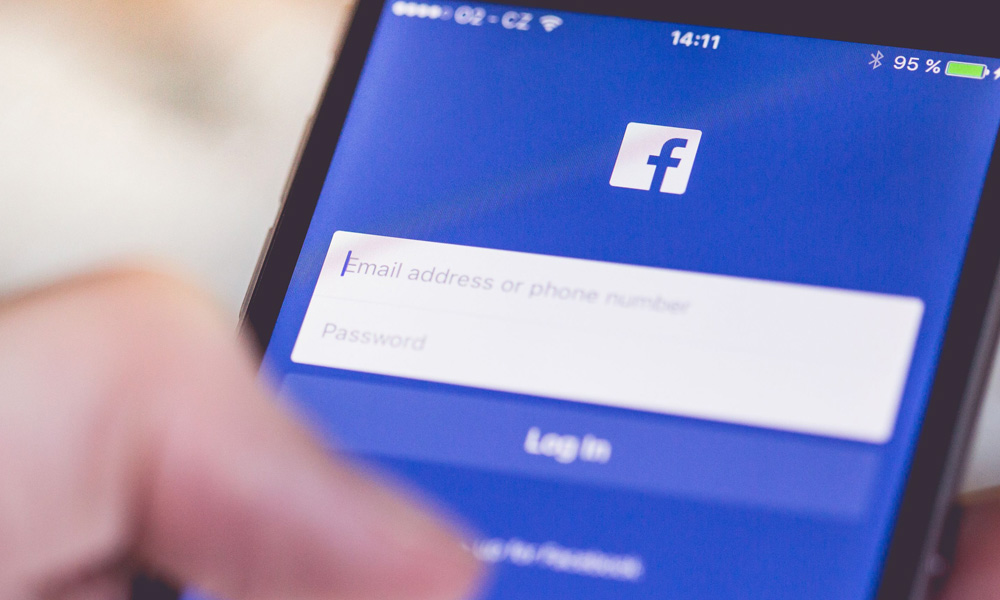Although the government has been trying to get a visa waiver for Malaysian nationals wanting to visit the United States, the administration of President Donald Trump is planning to institute stricter vetting on all future US visa applicants, insisting on seeing their social media identities, previous telephone numbers and e-mail addresses, as well as international travel undertaken during this period.
The US Department of State has followed the procedural protocol for this plan, and published its notice of request for public comment in the Federal Register on Friday.
If this plan is approved by the Office of Management and Budget, it will further widen the vetting process for all visa applicants entering the US on immigrant and non-immigrant visas.
The public comment process will be completed on May 29, 2018.
In terms of the notice given, the State Department plans to expand its information base by adding questions to its Electronic Application for Immigrant Visa and Alien Registration (DS-260).
The online form will indicate a number of social media platforms and "requires the applicant to provide any identifiers used by applicants for those platforms during the five years preceding the date of application."
In the event of social media platforms not available on the list, the visa applicants will have the “option to provide information.”

According to the State Department, the form "will be submitted electronically over an encrypted connection to the Department via the internet," implicitly reassuring that it will be able to store the data securely.
The State Department estimates that its revised visa process would affect over 700,000 immigrant visa applicants wanting to enter the United States; before the plan, it had already flagged an estimated 65,000 people for limited review.
Nevertheless, some 10 million non-immigrant visa applicants – travelling for business, family, tourism or other reasons – could be subjected to social media screening, if this plan gets approved.
The changes are being attributed to Trump’s March 2017 memorandum/executive order 13780, reflecting the need for screening standards to address security threats.
State Department sources said that under the proposal, nearly all visa applicants will be asked to provide additional information, including their social media identifiers, prior passport numbers, information about family members, and a longer history of past travel, employment, and contact information extending beyond the current level of information required in the visa application forms currently used.
Consequently, Malaysian applicants should allow more time for visa processing, and check with the US Embassy if and when these requirements will go into effect.
The plan will not affect diplomatic or official passport holders.
While security is the overriding concern behind the new visa requirements, the flip side is that such measures could deter bona fide foreign tourists whose numbers have steadily increased over the years, benefiting wide segments of the economy, including hotels, tour operators, entertainment and food industry, etc. There are fears that tourism revenue could nosedive.
It is uncertain if skilled migrants, badly needed to sustain the economic boom, will be deterred by such measures. It remains to be seen to what extent the corporations and businesses would go to get foreign experts and skilled migrants in order to sustain growth.
The measures might affect India, for instance, which is seen as the largest supplier of a vast pool of highly skilled migrants and experts, comprising doctors, scientists, physicists, engineers, and IT specialists.
The State Department’s plan has added further uncertainty to Indian migrants who were already shaken when an Obama-era programme granting visas to foreign entrepreneurs wanting to start companies in the US was terminated.
It is also contemplating ending a provision that allows spouses accompanying such skilled workers to be employed in the US.
These rules would also apply to Malaysian skilled workers seeking jobs in the US market.
Another way for skilled migrants to enter the US is to obtain the H1B visa which is heavily used by technological companies.
About 85,000 visas are issued annually in a lottery system. The Trump administration has increased scrutiny of H1B applications, requiring applicants to appear in person for submission of their applications and also demanding additional evidence of the need for such workers and verifying if salaries paid to such workers were commensurate with their qualifications.
However, a spokesperson for the US Citizenship and Immigration Services said that the increased scrutiny reflected the agency’s commitment to protecting the “integrity of the immigration system”, adding that some 92.5 per cent of such visas were still approved, with only two percentage points lower than under the Obama administration two years ago.
- Bernama

